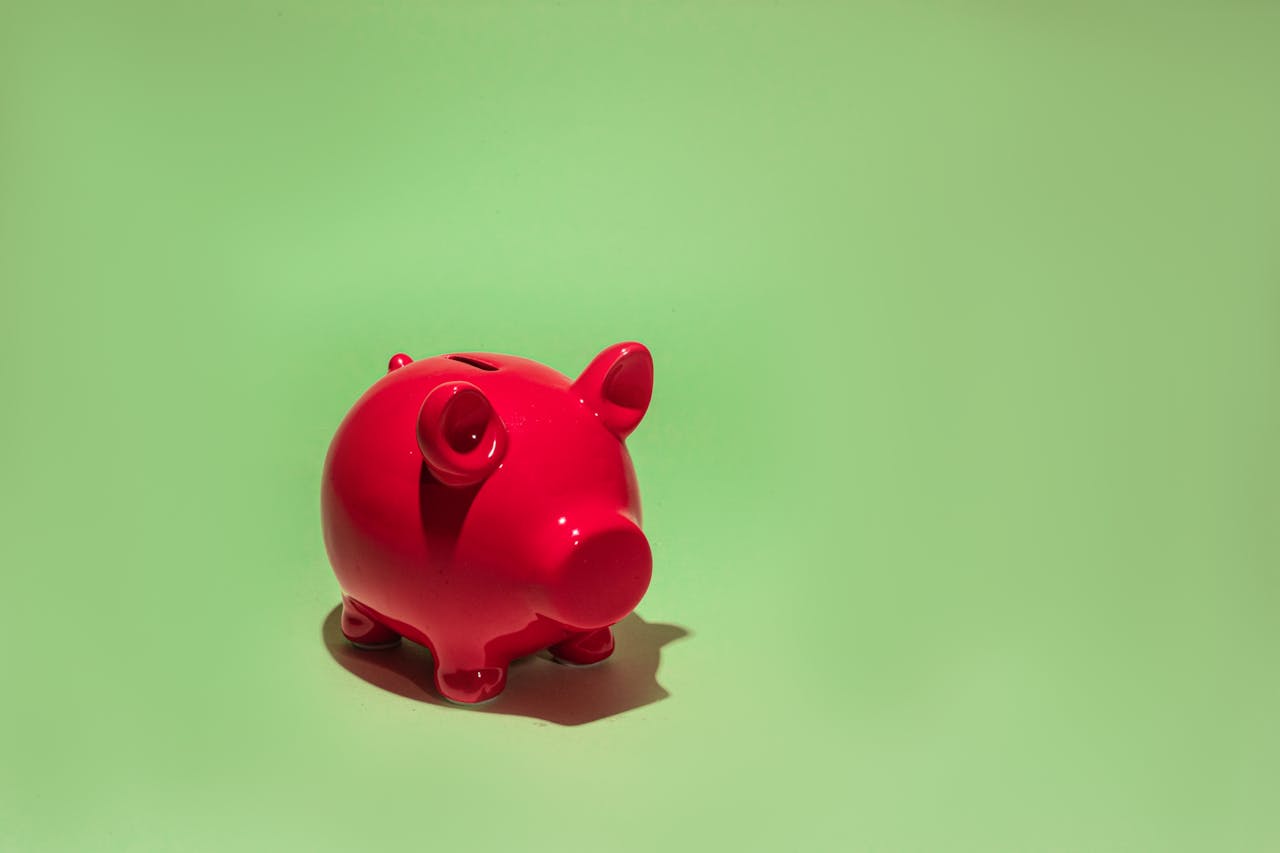You do not need a massive lifestyle overhaul to save money. In fact, the biggest wins often come from the smallest changes. A few dollars saved here and there might not feel like much in the moment, but over time, they stack up. By the end of the year, those tiny habits could be the reason you finally build an emergency fund, pay off a credit card, or take that trip you have been putting off.
This guide shows how tiny habits can protect your wallet. These are simple actions you can repeat weekly or daily. They do not require major lifestyle changes. But they do require consistency. Stick with them, and by the end of 2026, you will see real savings.
1. Check Your Bank Activity Every Sunday
It takes five minutes. Open your banking app, scroll through your recent transactions, and flag anything that looks off. You might catch a subscription you forgot about or a charge you did not authorize.
This habit keeps you in control. When you know where your money is going, it is easier to stop the slow leaks before they turn into floods.
2. Shop With a List, Not a Mood
Walking into a store without a list is like walking into a casino without a budget. You are going to spend more than you planned. A list keeps you focused and helps you avoid those “just in case” items that add up fast.
Before you shop, take ten minutes to plan meals and check what you already have. Then stick to the list. No detours.
3. Round Up Your Purchases Automatically
Many banks and apps let you round up every purchase to the nearest dollar and stash the difference in savings. It is a painless way to build a cushion without thinking about it.
Buy a sandwich for $6.45? You save 55 cents. Do that a few times a day, and you could have a few hundred dollars saved by year’s end.
4. Sleep on Every Non-Essential Purchase
If it is not food, medicine, or a bill, wait 24 hours before buying it. That pause gives your brain time to decide if it is a want or a need.
Most of the time, you will forget about it. And if you do not, at least you will know it is something you truly value.
5. Bring Your Own Drinks
That $4 coffee or $2 bottled water might not seem like a big deal, but over a year, it adds up. Bringing your own coffee or water can save you hundreds without changing your routine.
Keep a reusable bottle in your bag. Brew your coffee at home. It is a small shift with a big payoff.
6. Use Cashback Apps Like It Is a Game
Apps like Ibotta, Fetch, and Upside reward you for things you already buy. Scan your receipts, activate offers, and watch the points roll in.
Make it a Sunday habit. You might earn enough to cover a few grocery runs or a streaming subscription. It is free money for doing what you already do.
7. Turn Off What You Are Not Using
Lights, chargers, TVs, and game consoles all draw power when left on. Get in the habit of turning things off when you leave the room.
It is not just about saving energy. It is about building awareness. That mindset carries over into other parts of your spending.
8. Cook One More Meal at Home Each Week
You do not have to stop eating out. Just cut one restaurant meal per week and cook at home instead. That one change could save you $600 to $1,000 a year.
Make it easy. Use a slow cooker, prep on Sundays, or batch cook your favorites. The goal is progress, not perfection.
9. Set a Weekly Spending Cap
Pick a number. Maybe it is $100 for extras. Maybe it is $50. Track it. When you hit the limit, stop spending.
This habit builds discipline. It also helps you spot patterns. You will start to see where your money goes and where it does not need to.
10. Save Half of Every Windfall
Tax refund? Bonus? Birthday money? Save half. Spend the rest if you want, but make saving the default.
This habit turns unexpected money into long-term progress. It is how you build momentum without feeling deprived.
Start Small, Stay Consistent
You do not need to do all ten at once. Pick two. Make them part of your week. Once they feel automatic, add another. These habits are small, but they are powerful. By the end of 2026, they could be the reason you feel less stressed, more in control, and finally ahead.


Leave a Reply